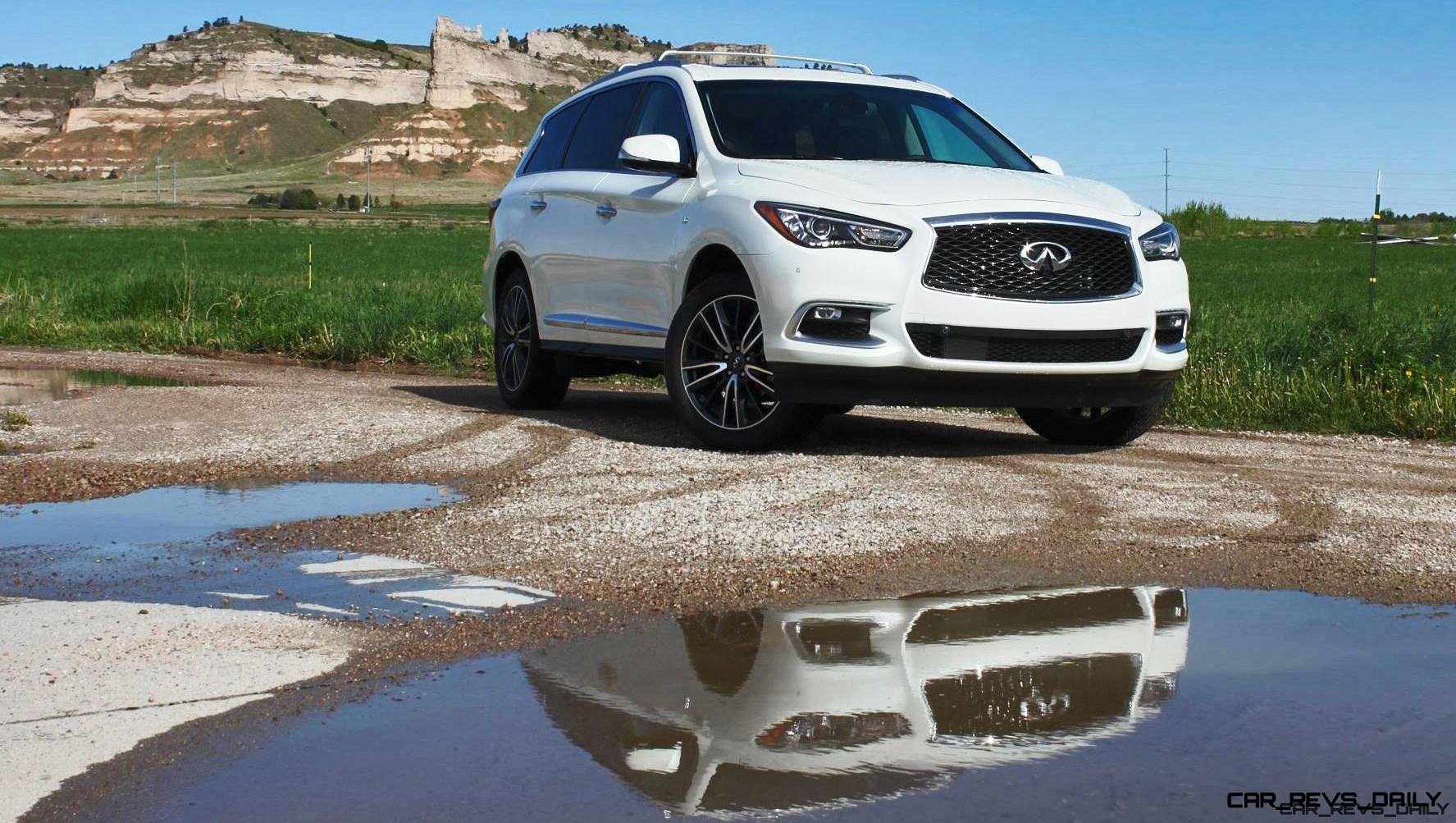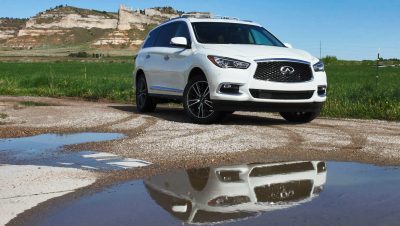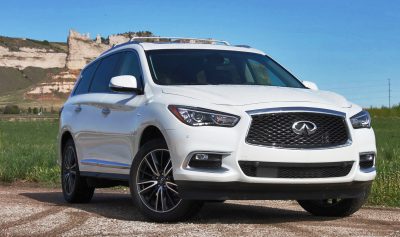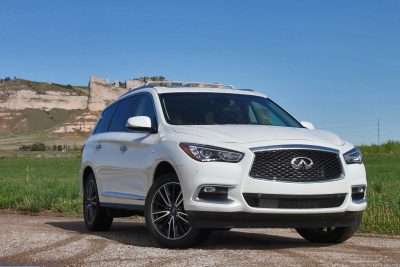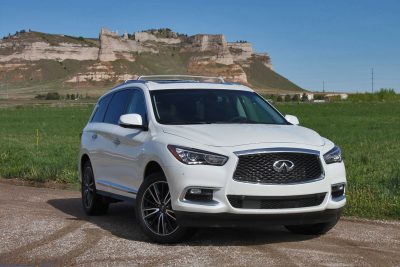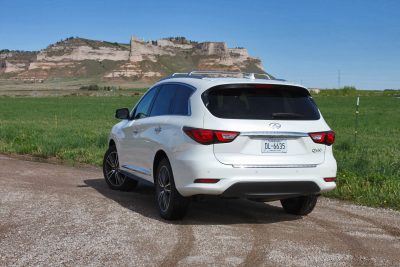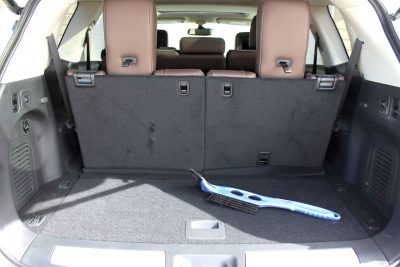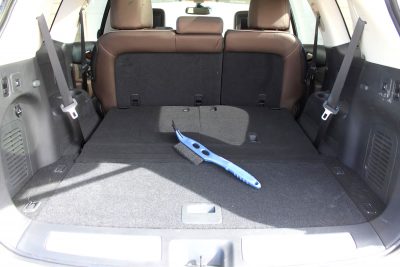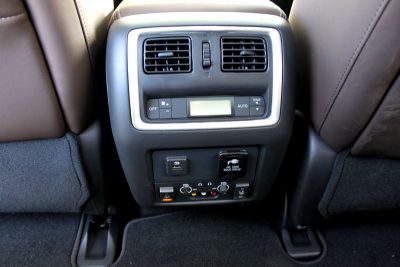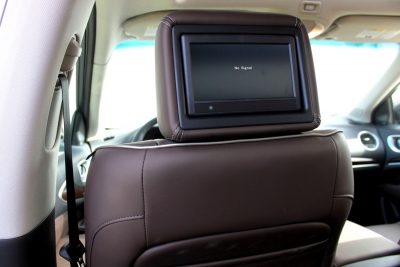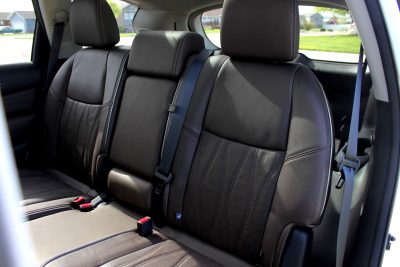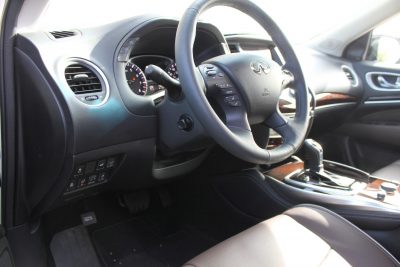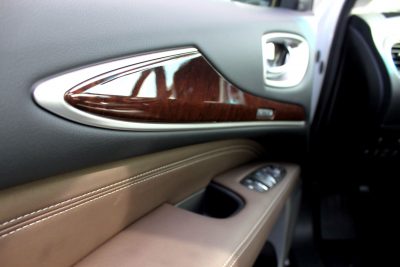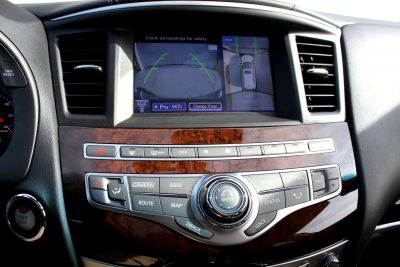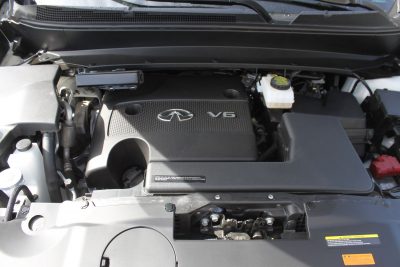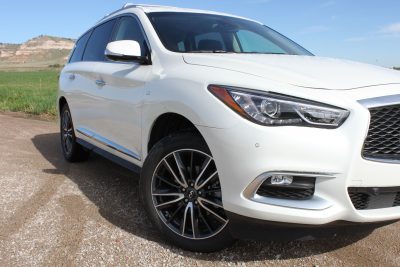Your car isn’t just on the road anymore – it is fast becoming part of the ever-expanding internet of things. Information on your vehicle, you and your driving habits are now being harvested by tech companies and car manufacturers can now collect and sell your personal data. But what are the implications of this for the everyday driver?
“Warning, Unsafe Driver”
Newer cars are able to collect detailed data about the vehicle’s state and the driver’s driving habits. For example, the car can collect data on how hard and fast the driver brakes and accelerates. This data is already starting to be used by insurers to determine how high your car insurance rate should be. Car insurance companies are currently offering drivers potential discounts for signing up, and bad drivers could eventually see their insurance rates skyrocket in the future.
Insight into the Car’s Insides
When the car stores data on tire pressure and error messages, car manufacturers could use that information to sell services and products to drivers. It certainly has more weight than a postcard reminding someone it is time for their 60,000 mile servicing.
A number of services are providing car diagnostics using a dongle that connects directly to the car. This potentially saves drivers expensive trips to the mechanic or gives them a better understanding as to the severity of the problem.
Planning and Utilization, for Better and for Worse
Automakers could provide information like location data to third party agencies for advertising purposes or aggregated statistical analysis. For example, driver data is being used to determine how many people are on the road, how often they visit various establishments and when, and how many of those visiting are local versus from out of town. That data is already being shared with retailers and urban planners alike.
Data is collected from radar sensors, in-dash navigation systems, built in cellular connections, and diagnostic systems. While the data is currently collected to study the car’s performance, the value of that data makes data collection agencies salivate.
For example, your back-up camera may help you park but it also tells others how many people and cars are on the street behind you. This can be used to track traffic conditions now. Could your backup camera be used to look for stolen cars by scanning license plates as you drive past? Or will it just tell the insurance company you nearly hit the garage door backing in?
One major car manufacturer is collecting video footage from vehicles for safety and quality control for its autopilot. They claim that the video is anonymous. That’s a good thing, since hundreds of thousands of their vehicles are known to be sending this data back to the company’s cloud servers. And the data is of interest to apps too, since the video of the street as a car passes by can relay data about open parking spaces to those who want to park.
Drivers may need to hire data recovery services in the future, simply to maintain a copy for themselves after an accident or software glitch, so that they have it, too.
The data that a smart, connected car can generate will fast become as valuable as the car itself. When it comes to questions regarding how the data could be used and monetized, we’re only just starting to see what could happen.

CRD Auto Industry Insider may contain helpful and on-topic partner content that auto enthusiasts and car shoppers find valuable.

